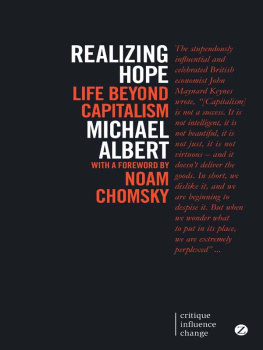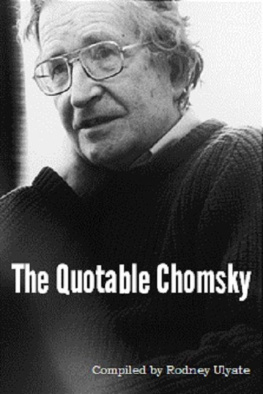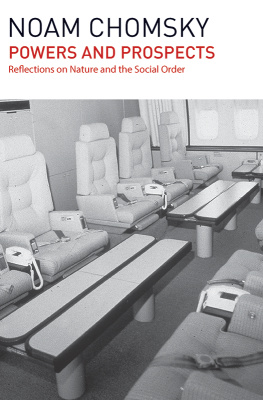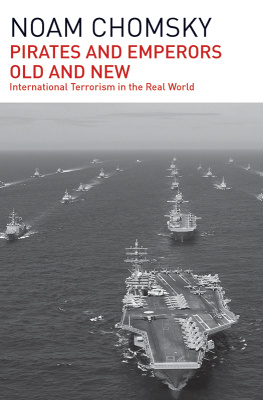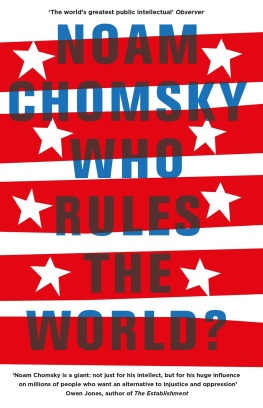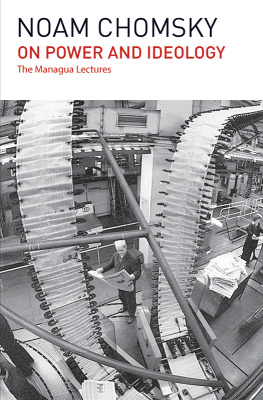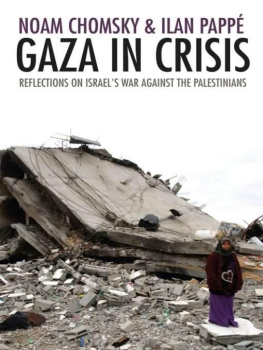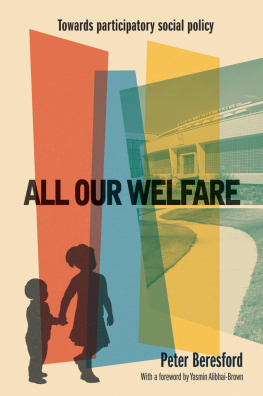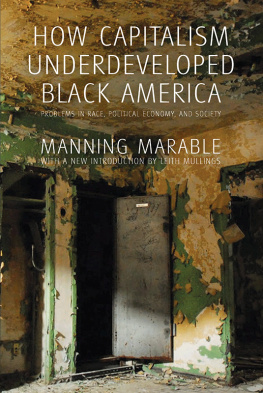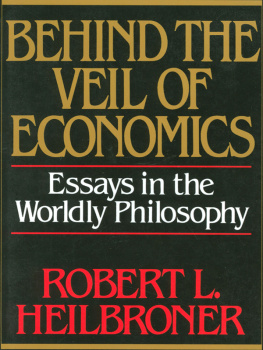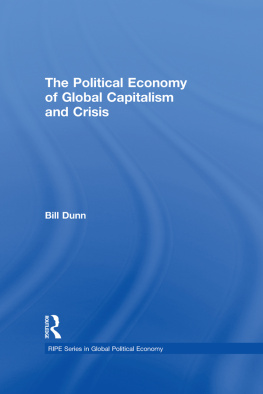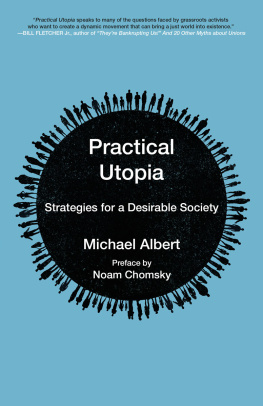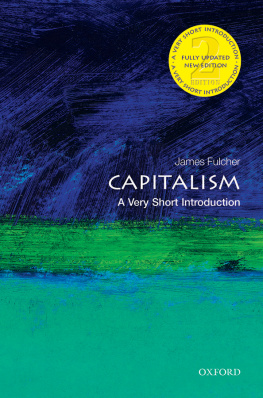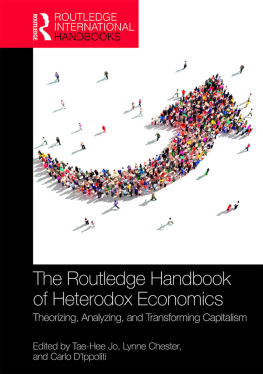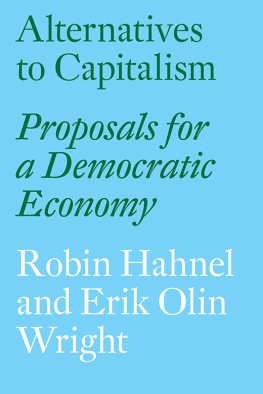
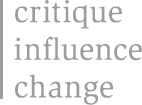
| critique confronts the world. Without dogma, without new principles, it refuses to conform and instead demands insurrection of thought. It must be ruthless, unafraid of both its results and the powers it may come into conflict with. Critique takes the world, our world, as its object, so that we may develop new ways of making it. |
influence is a step from critique toward the future, when effects begin to be felt, when the ground becomes unstable, when a movement ignites. These critiques of the state of our world have influenced a generation. They are crucial guides to change. |
change is when the structures shift. The books in this series take critique as their starting point and as such have influenced both their respective disciplines and thought the world over. This series is born out of our conviction that change lies not in the novelty of the future but in the realization of the thoughts of the past. |
These texts are not mere interpretations or reflections, but scientific, critical, and impassioned analyses of our world. After all, the point is to change it. |
TITLES IN THE CRITIQUE INFLUENCE CHANGE SERIES
Reclaiming Development
An Alternative Policy Manual
by Ha-Joon Chang and Ilene Grabel
Realizing Hope
Life Beyond Capitalism
by Michael Albert
Global Governance and the New Wars
The Merging of Development and Security
by Mark Duffield
Capitalism in the Age of Globalization
The Management of Contemporary Society
by Samir Amin
Ecofeminism
by Maria Mies and Vandana Shiva
Debating Cultural Hybridity
Multicultural Identities and the Politics of Anti-Racism
edited by Pnina Werbner and Tariq Modood
Deglobalization
Ideas for a New World Economy
by Walden Bello
A Fundamental Fear
Eurocentrism and the Emergence of Islamism
by Bobby S. Sayyid
Patriarchy and Accumulation on a World Scale
Women in the International Division of Labour
by Maria Mies
CRITICAL PRAISE FOR REALIZING HOPE
Anyone disgusted with existing society which is to say, just about everyone who wants to know if there are any alternatives, will find Realizing Hope informative, provocative, creative, engaging, and, yes, full of hope.
Stephen R. Shalom, William Paterson University
Michael Alberts prescriptions for action in the present are modest and wise; his suggestions for building the future are ambitious and humane. There is a hunger for this kind of practical, visionary alternative. Realizing Hope is an important part of the internal development of the global movements for peace and justice, helping us to recover lost insights.
Milan Rai, author and peace activist
Alberts proposals for participatory economics provide an essential starting point for thinking about what that world might be and how we might get there. In Realizing Hope, he opens the crucial but too-rarely posed questions of how to coordinate economic change with the changes we need in other spheres of life.
Jeremy Brecher, author of Save the Humans?
Michael Albert has posed a breathtakingly simple question what do left-libertarians want, exactly, beyond capitalism? and, in answering it, has produced a work of exhilarating scope. Albert captures the best of the spirit of the new global social movement. He combines close empirical insights with a magisterial conceptual grasp. We will be arguing about this work for years.
Andrej Grubacic, historian and anti-capitalist activist
Millions across the world are coming together in hitherto unprecedented networks of solidarity to struggle against poverty, inequality, discrimination, and war. These fighters proclaim that a better world is possible. Realizing Hope challenges us to imagine how.
Sudhanva Deshpande, LeftWord Books
Realizing Hope opens many doors for social vision and strategy. At a moment when Africa needs an alternative to nationalist politics, Realizing Hope is amazingly timely. Pan-Africanists and Black Marxists alike will find much in this book to enrich and expand our politics.
Mandisi Majavu, author and journalist
A better world is indeed possible and not just a Utopia. Michael Albert points the way towards a society based on participation and justice. Utopia is somewhere that does not exist yet. This book can help turn a dream into reality.
Vittorio Agnoletto, MEP
ABOUT THE AUTHOR
Michael Albert is an American activist, economist, speaker, and writer. He is a founder and current member of Z Magazine.
REALIZING
HOPE
LIFE BEYOND
CAPITALISM
MICHAEL
ALBERT
WITH A FOREWORD BY
NOAM
CHOMSKY

Zed Books
London & New York
Realizing Hope: Life Beyond Capitalism was first published in 2006 by Zed Books Ltd, 7 Cynthia Street, London N1 9JF, UK and Room 400, 175 Fifth Avenue, New York, NY 10010, USA
This ebook edition was first published in 2014
www.zedbooks.co.uk
Copyright Michael Albert 2006, 2014
Foreword Noam Chomsky 2014
The right of Michael Albert to be identified as the author of this work has been asserted by him in accordance with the Copyright, Designs and Patents Act, 1988
Designed and typeset in Garamond by Kate Kirkwood
Index by Mike Kirkwood
Cover designed by www.alice-marwick.co.uk
All rights reserved. No part of this publication may be reproduced, stored in a retrieval system or transmitted in any form or by any means, electronic, mechanical, photocopying or otherwise, without the prior permission of Zed Books Ltd.
A catalogue record for this book is available from the British Library
Library of Congress Cataloging in Publication Data available
ISBN 978 1 78032 976 5
Contents
by Noam Chomsky
Acknowledgements
I thank a number of friends who read through and commented on one or more chapters of this book, providing essential critique and new insights. These include Ezequiel Adamovsky, Alex Callinicos, Brian Dominick, Jerry Fresia, Andrej Grubacic, John Hepburn, Robert Jensen, Stan Karp, Mandisi Majavu, Adele Oliveri, Cynthia Peters, Justin Podur, Vijay Prashad, Nikos Raptis, Stephen Shalom, Norman Solomon, and Chris Spannos.
Major thanks go to four other collaborators.
Anna Hardman of Zed Books sought this work based on some internet gossip and ushered it through publication painlessly, providing useful editorial advice as well.
Lydia Sargent read and commented on the whole book, greatly improving its focus and range.
Andrea Sargent edited the whole book, providing coherence, succinctness, and style to my clunky manuscript.
Robin Hahnel was my partner in developing the participatory economic model.
Foreword
Noam Chomsky
T HROUGHOUT MUCH OF THE WORLD there is growing resistance to the severe harm that has resulted from the neoliberal policies of the past generation. Latin America has progressed farthest in overthrowing this harsh regime, in recent years largely freeing itself from the grip of Western imperial domination for the first time and beginning to confront some of its severe internal problems, though many remain, as revealed recently by the mass protests in Brazil. These protests are joined by many others throughout the world, responding to local attacks on elementary rights and sometimes challenging dominant institutions and seeking to develop alternatives, escaping their fetters. They join in the effort to realize hope, to build a better world, to develop structures and relationships that are essential to overcoming class, gender, racial, power, and other hierarchies that relegate the many to subordination and that allow the few to dominate. But how should these hopes be realized? That question has to be posed clearly, and answered to the extent that we can.
Next page
